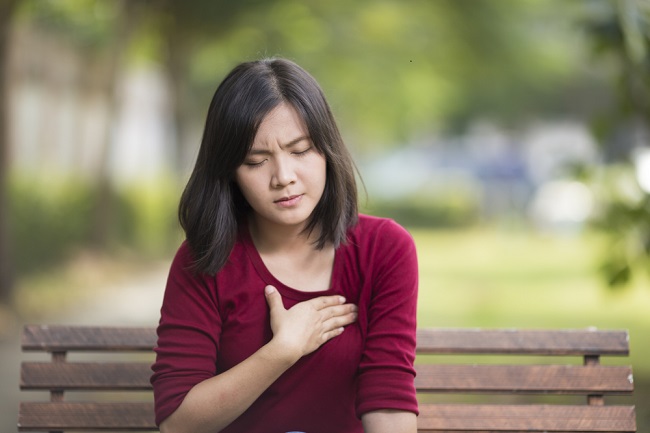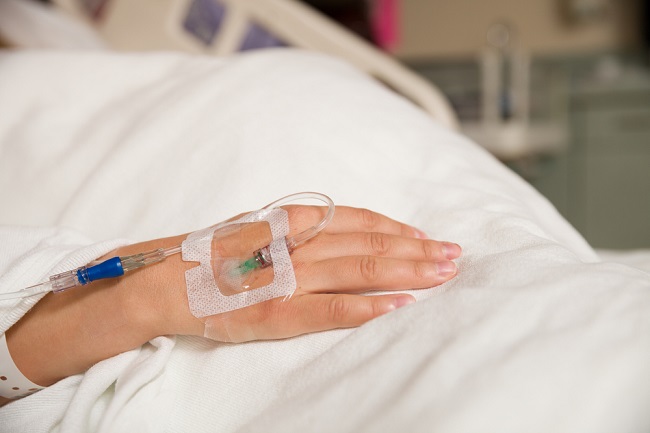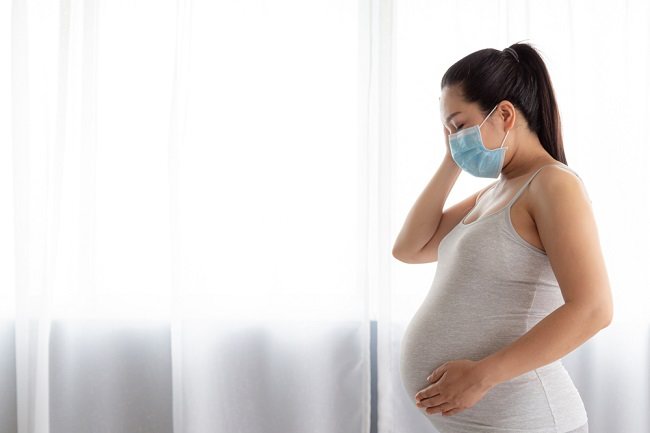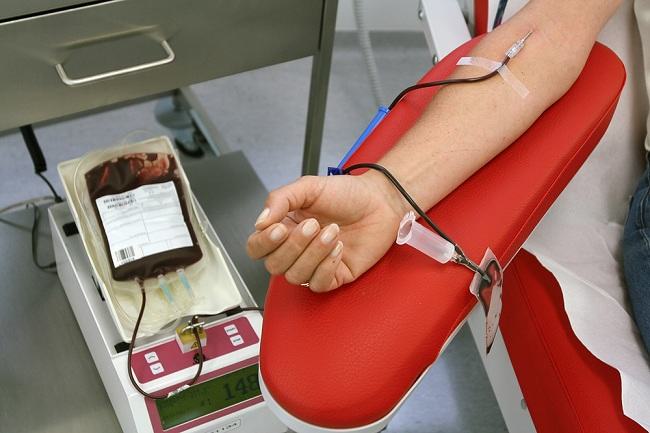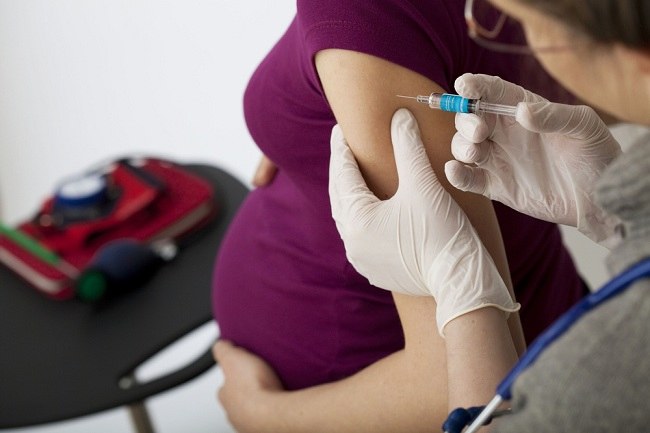The term long-haul COVID-19 refers to long-term symptoms that appear after a patient with Corona virus infection is declared cured. This may cause concern for people who have already been exposed to COVID-19. What are the long-term symptoms and how to deal with them?
Patients with COVID-19 who have been declared cured are generally able to recover as usual. However, there are also some patients who still experience certain symptoms or complaints.

These symptoms can even be felt more than 4 weeks after the patient is declared cured through a negative COVID-19 test result. This phenomenon is known as long-haul COVID-19.
Previously, the term long-haul COVID-19 was better known as post-acute COVID-19 syndrome. Some research shows that about 10% of people with COVID-19 will experience long-term symptoms of this disease. This condition can be experienced by pediatric patients and adults after being exposed to COVID-19.
However, the cause of this condition is still unknown and continues to be studied. One theory states that disturbances in the balance of the number of good bacteria or probiotics in the intestines also affect the emergence of the long-haul condition of COVID-19.
Some Symptoms of Long-Haul COVID-19
The following are some of the long-term symptoms of Corona virus infection that can be experienced by people who have recovered from COVID-19:
- Fatigue
- Hard to breathe
- Cough
- Joint and muscle pain
- pounding chest
- Chest pain
- Impaired sense of smell
- Fever
- Insomnia
- Headache
- Psychological problems, such as difficulty concentrating, anxiety, and depression
Although rare, some long-haul COVID-19 sufferers can even experience more serious health problems, such as inflammation of the heart muscle, impaired lung function, hair loss, skin rashes, and impaired kidney function.
The long-term symptoms of COVID-19 are more common in COVID-19 sufferers with severe symptoms, but this condition can also occur in patients with mild symptoms.
Preventing Long-Haul COVID-19
The reason why someone can experience long-haul COVID-19 even though they have been declared cured of COVID-19 is still unknown. Effective treatment steps to overcome this condition have also not been found.
Therefore, more in-depth studies are needed to study the COVID-19 disease, treatment, and ways to deal with long-term symptoms that arise.
However, one of the important steps that can be taken to avoid COVID-19 and long-haul COVID-19 is to be disciplined in following health protocols and getting vaccines. This is important to do to prevent the transmission of Corona virus infection and reduce the number of positive cases which is still increasing.
In accordance with the health protocol set by the government, here are some ways you can avoid COVID-19:
- Wash your hands with soap and water or use hand sanitizer, especially before touching the face area.
- Use a mask while in public.
- Keep a distance of at least 1 meter from other people.
- Stop the habit of frequently touching the face.
- Avoid crowds, crowds, or poorly ventilated rooms.
- Eat a healthy balanced diet, do regular exercise, and reduce stress to strengthen your immune system.
- Take multivitamin supplements to meet nutritional needs if necessary.
And remember, COVID-19 sufferers who have been declared cured through negative PCR test results for the SARS-CoV-2 virus still have to continue to undergo health protocols to prevent re-infection.
If you still feel certain complaints after being declared cured of COVID-19 or still have questions about the long-haul COVID-19, don't hesitate to consult a doctor.
